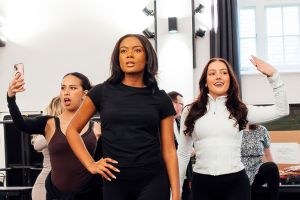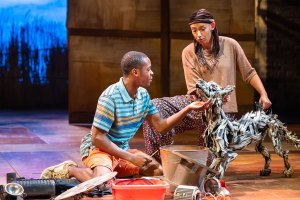Chekhov – why we should care about his stories
A number of recent productions highlight the Russian playwright’s continuing relevance
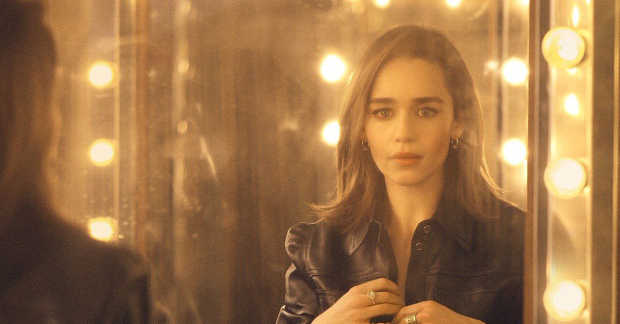
(© Charlie Gray)
As a teenager, my aunt bought me a copy of Tolstoy's War and Peace before I was about to leave the UK for a few months travelling alone. She herself had read it on a similar trip at the same age and suggested the length of the book would keep me occupied as well as the story. "It's fantastic, just like a really long episode of Eastenders", to which I replied I was sure Tolstoy would be ecstatic about having his characters compared to Danny Dyer. I haven't the heart to tell her I had too much fun on the trip to ever get round to reading it.
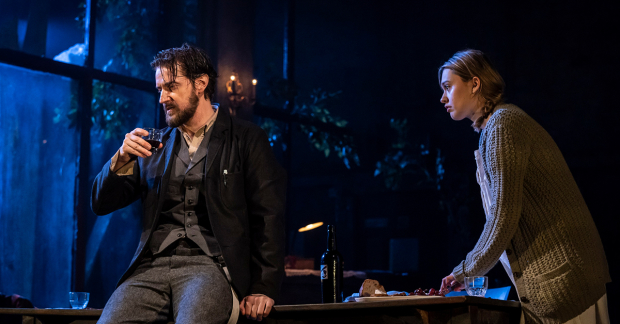
© Johan Persson
As funny as her analysis was at the time, that conversation had lain dormant in my memory for many years until I watched Uncle Vanya at the Harold Pinter Theatre last week. Having never read or seen any of Chekhov's plays before, I went into the theatre relatively blind and aware of what his name seemed to stand for, rather than any of his work. Pushkin, Gogol, Gorky, Chekhov – in my head at least these names, all synonymous with 'great' Russian drama (whatever that term means), conjure images of old, bearded, white men obsessed with their own artistic integrity. I expected a play woven with metaphor, symbolism, higher meaning – if not an impregnable evening then at least something taxing to keep up with.
The reality was markedly different. Uncle Vanya felt like an episode of Coronation Street or Eastenders played out on stage and suddenly my aunt's comments came flooding back to me. Aside from the pertinent allusions to climate change (I wonder how terrifying this play might be if still performed in another hundred years), this was an unexpectedly simple story about the dynamics of a given family unit. Grudges, love interests and failed ambitions are among the universal experiences that drive the narrative. It seems daft to say now but I left the theatre feeling completely unintimidated – perhaps the most surprising thing about the entire evening.
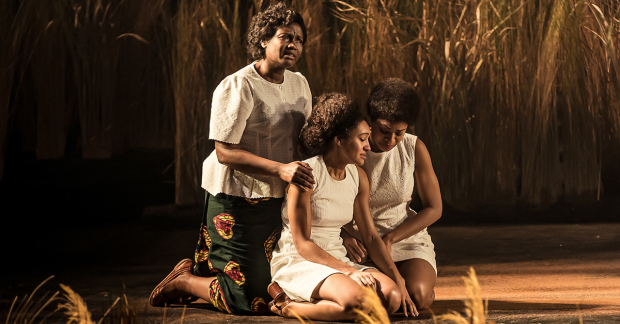
© The Other Richard
Along with Uncle Vanya, two of Chekhov's other classics have recently found homes on London's stage. Inua Ellams' (Barber Shop Chronicles) bold adaptation of Three Sisters at the National Theatre has just ended but earned fantastic reviews during its run. As well as further cementing his immense talent as a playwright, the fact that Ellams was able to transport the story from 19th century Russia to the Biafran civil war demonstrates the universal themes Chekhov expresses in his work.
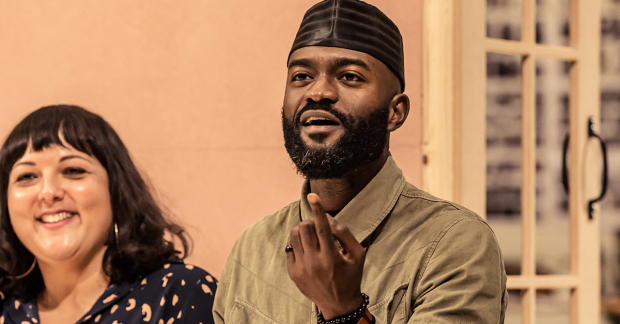
© The Other Richard
The Seagull begins its run at the Playhouse next month, another modernisation this time penned by Anya Reiss. Directed by Jamie Lloyd, fresh from the success of Cyrano de Bergerac, the production is notable in that it will also feature Emilia Clarke (Game of Thrones) as she makes her West End debut. The combination of an exciting young director and a global acting star should hopefully entice a whole raft of younger audience members who might have ordinarily avoided Chekhov. The Jamie Lloyd Company's commitment to accessibility should not be overlooked here – free tickets for first-time theatregoers and £15 tickets for other specific groups are vital if Chekhov's plays are to be enjoyed by the entire public. And there is no reason they shouldn't – the stories are more relatable than you might think.

















